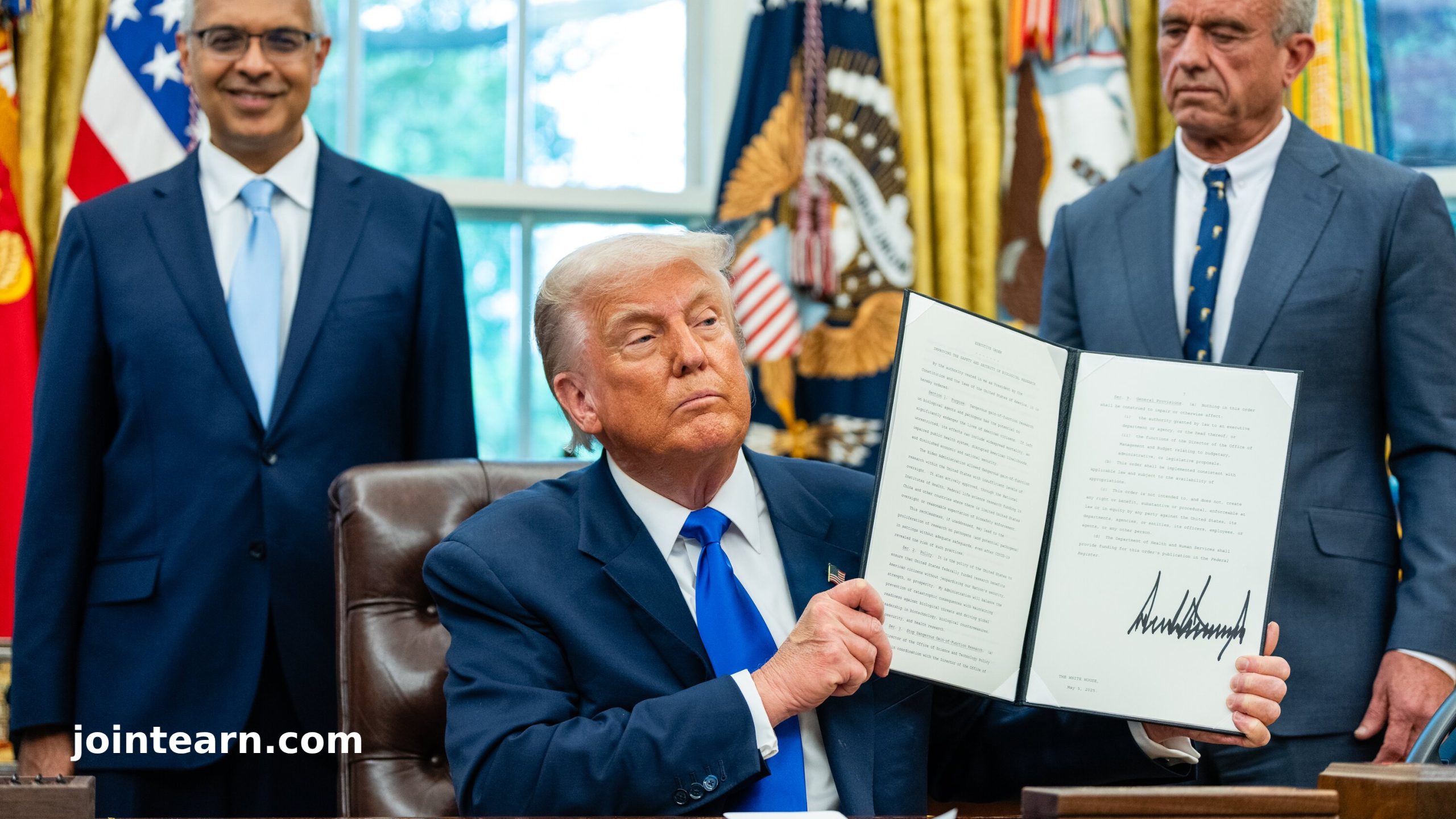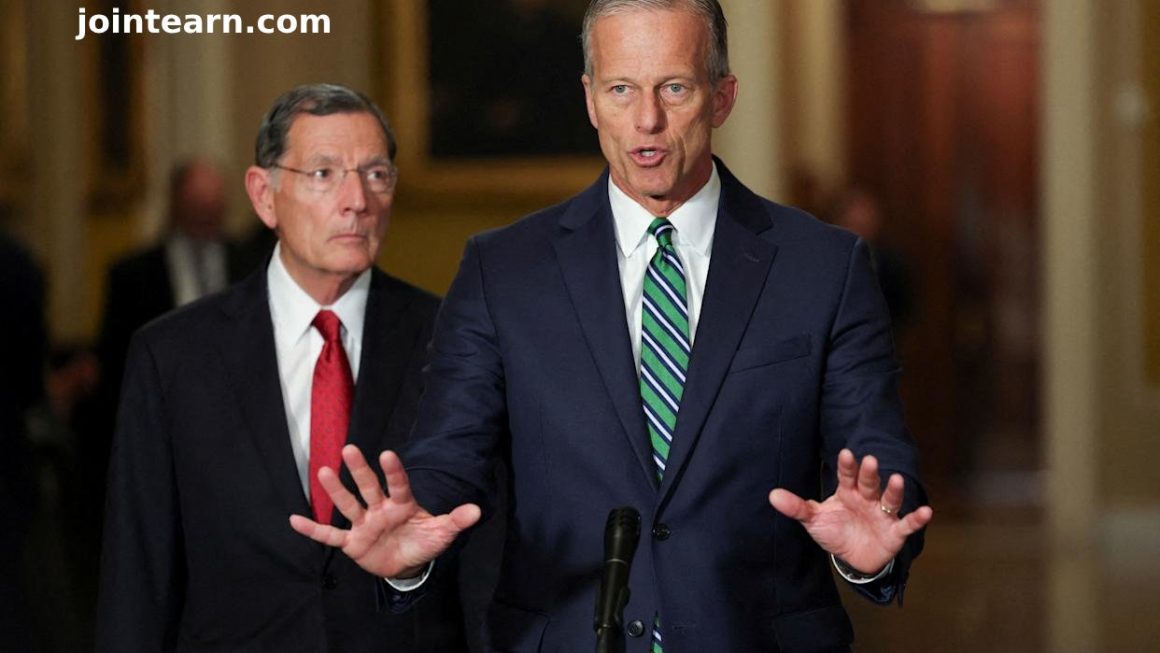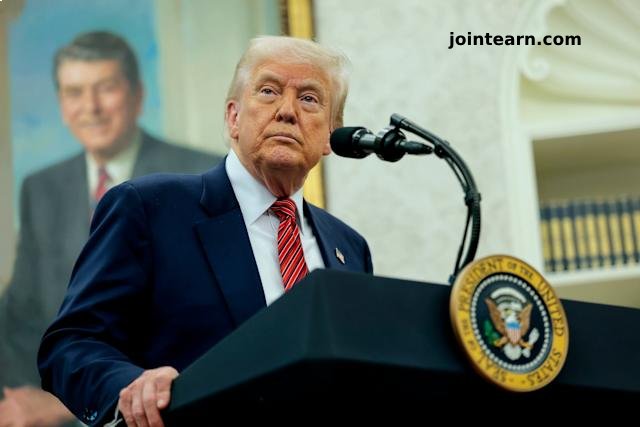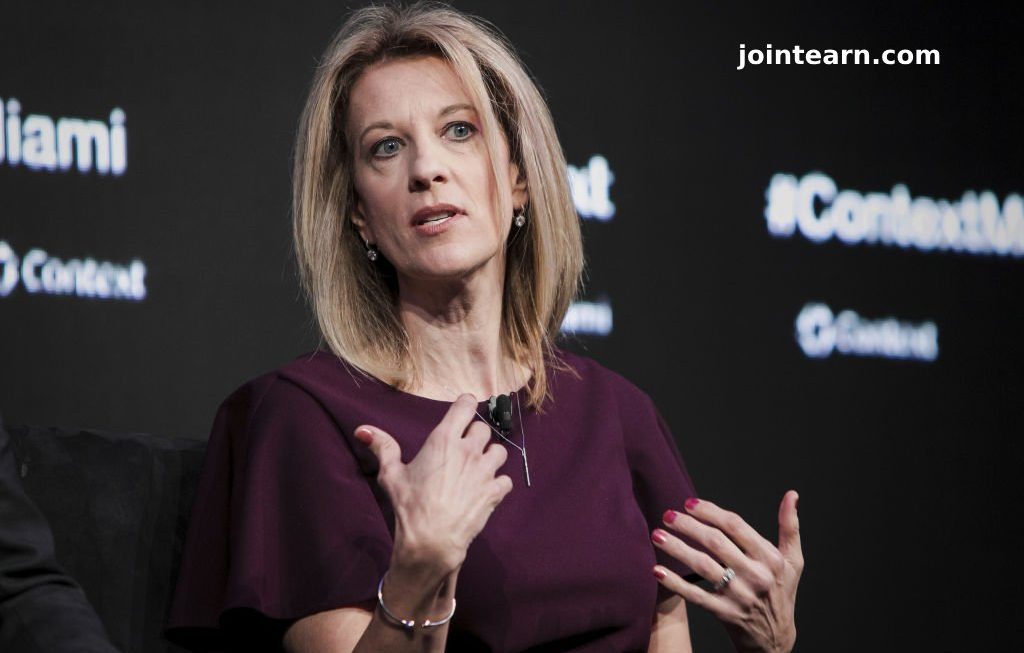President Donald Trump is once again targeting high drug prices with a new executive order set to be signed Monday, reviving a signature policy from his first term. The move would tie some Medicare drug costs to the prices paid by other wealthy nations — a concept known as the “most favored nation” drug pricing policy.
The order would direct the Department of Health and Human Services to ensure that Medicare Part B, which covers drugs administered in clinical settings, pays no more than the lowest price paid by comparable countries.
“The United States will pay the same price as the Nation that pays the lowest price anywhere in the World,” Trump declared on social media. “Our citizens’ Healthcare Costs will be reduced by numbers never even thought of before.”
Limited Drug Scope but Potential Government Savings
The proposal primarily targets medications administered in doctors’ offices — such as injectable cancer therapies and infusion treatments — and does not apply to retail pharmacy prescriptions. While the plan would not slash costs for all Americans, it could yield substantial savings for the federal government, which spent $33 billion on Medicare Part B drugs in 2021.
However, Trump’s claim that the plan would save “trillions of dollars” is likely an exaggeration. Nonetheless, by indexing U.S. prices to those in developed countries with price controls, the policy could narrow the international pricing gap that has long frustrated American patients and lawmakers alike.
Pharma Industry Reacts With Strong Opposition
As with Trump’s 2020 attempt at the same policy — which was blocked by a court under the Biden administration — the pharmaceutical industry is firmly against the move. Companies argue that artificially lowering prices would cut into profits, threatening innovation and investment in new drug development.
Industry groups say the rule gives “foreign governments the upper hand” in determining U.S. drug values and could hurt American patients in the long run.
The executive order is expected to spark renewed legal and legislative battles between the federal government and the powerful pharmaceutical lobby, which has historically used campaign contributions to resist regulation.
Longstanding Problem, Ongoing Debate
High drug costs remain a major issue for the 70 million Americans enrolled in Medicare, many of whom face substantial out-of-pocket expenses for Part B medications. Unlike Medicare Part D (for retail drugs), Part B has no out-of-pocket cap for traditional enrollees, making it a focal point for reform.
Trump has often railed against Big Pharma, accusing drugmakers of “getting away with murder” and blaming U.S. consumers for unfairly shouldering the world’s research and development costs.
“For years, [they] would say it was R&D costs… all borne by the ‘suckers’ of America, ALONE,” Trump wrote, slamming pharmaceutical lobbying as ineffective against his administration.
What Comes Next?
Although the executive order will be signed at the White House, its actual implementation may take time — and it is almost certain to face legal challenges. Still, it underscores Trump’s continuing focus on drug pricing as a campaign issue and his desire to contrast himself with previous administrations that failed to deliver sweeping price reforms.
The move also comes amid heightened speculation after Trump teased a “very big announcement” last week — one he claimed would not involve trade or tariffs, but would significantly impact Americans’ lives.












